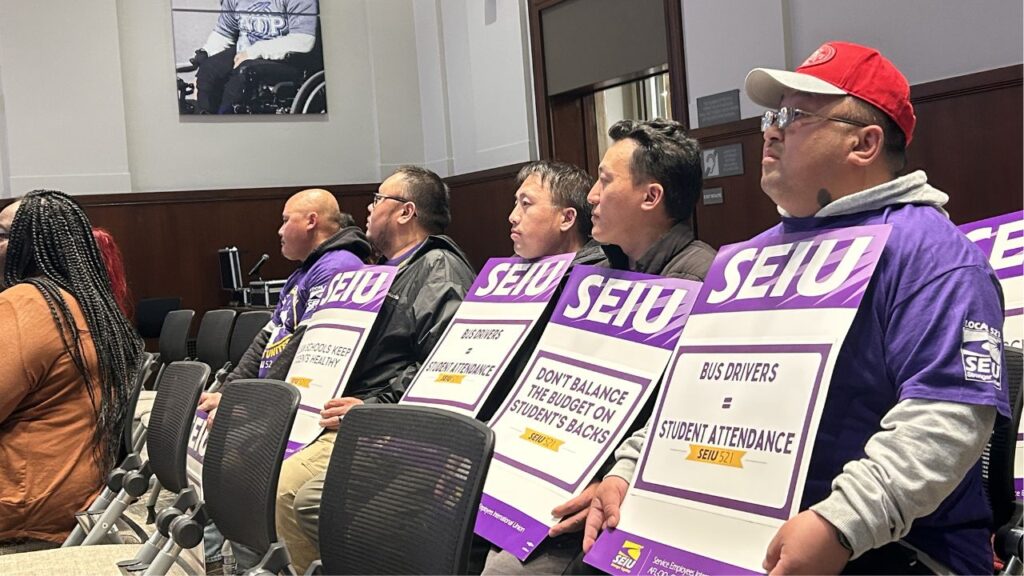Share
A new poll of California voters finds a virtual tie among Sens. Bernie Sanders and Elizabeth Warren and former Vice President Joe Biden just a couple of weeks before mail voting begins for the March 3 Democratic presidential primary.
Sanders crept ahead of long-time leader Biden among Democratic voters in the Public Policy Institute of California poll, jumping 10 percentage points over the last two months to 27%.

Dan Walters
Opinion
Were election results to match the PPIC polling, Sanders would claim a victory of sorts, but it’s not quite that simple.
Under the Democratic Party’s uber-complex rules, coming in first in the primary doesn’t necessarily generate a trove of delegate votes.
As Paul Mitchell, California’s premier political number-cruncher, points out in a Capitol Weekly article, “California’s Democratic primary isn’t won at the ‘national poll’ level, or even at the ‘statewide poll’ level. It’s won through a complicated, proportional delegate-allocation procedure that affects campaign strategy and could muddy the final election results.”
There’s a Catch
California will send 495 delegates to the Democratic National Convention, Mitchell continues. “Of those, 416 will be pledged delegates (meaning that they are committed to a candidate), while 79 will be the unpledged ‘superdelegates. … ‘
Well, that doesn’t sound too complicated, but Mitchell adds, “there’s a catch,”and explains it thusly:
“To win any delegates within a congressional district requires the candidate to obtain the support of a minimum of 15% of that district’s voters. And the state result is subject to the same rule: If only one candidate gets 15% statewide, that person could win all 144 statewide delegates, but if five candidates reach 15% they would divide the delegates among themselves.
“Given the method of calculating delegates at the congressional district level, the ‘winner’ might only get 20,000 votes more than the closest competitor but receive just one more delegate. Or, if the winning contender was the only one to reach 15%, he or she could win by a mere 1% margin yet capture 100% of the delegates.”
The Likelihood of a Close Finish Among the Three Frontrunners
Got that? And to make it even trickier, counting the votes and applying the formula district by district could take weeks and by the time California’s final result is known, the race might have already been decided elsewhere.
The likelihood of a close finish among the three frontrunners, the complexity of the delegate allocation system and the inevitable delay in counting votes could essentially make our primary a non-factor in choosing the Democratic candidate to challenge President Donald Trump, undercutting the contention that advancing the election from June to March would make California more relevant.
The system that Mitchell describes in excruciating detail poses another question: If California’s Democratic politicians are enamored of a proportional primary election, rather than winner-take-all, why do they insist that November’s electoral votes all go to the winner of the popular vote, rather than being allocated by congressional district, as a couple of other states do?
Just asking.
CalMatters is a public interest journalism venture committed to explaining how California’s state Capitol works and why it matters. For more stories by Dan Walters, go to calmatters.org/commentary.
[activecampaign form=31]


















